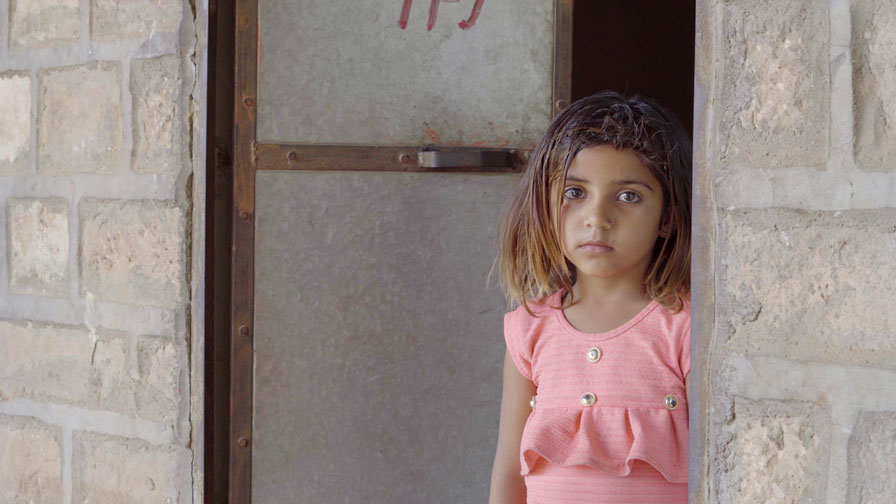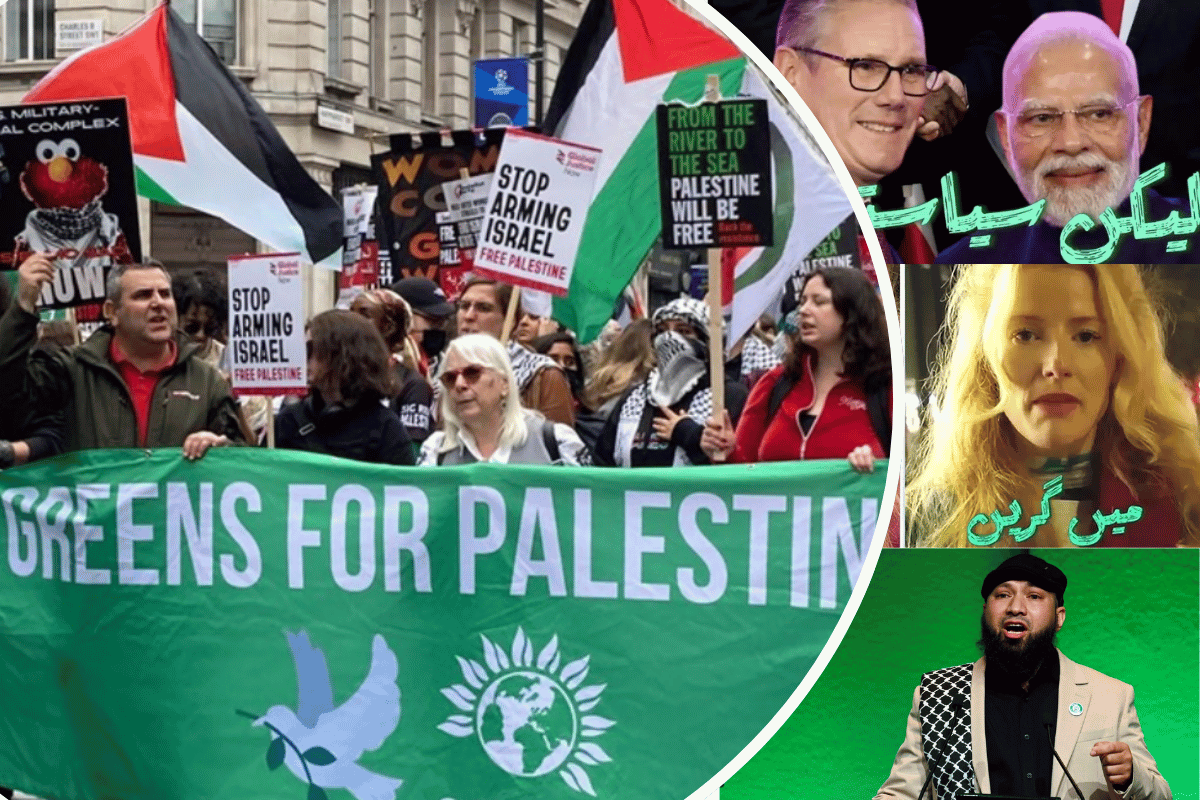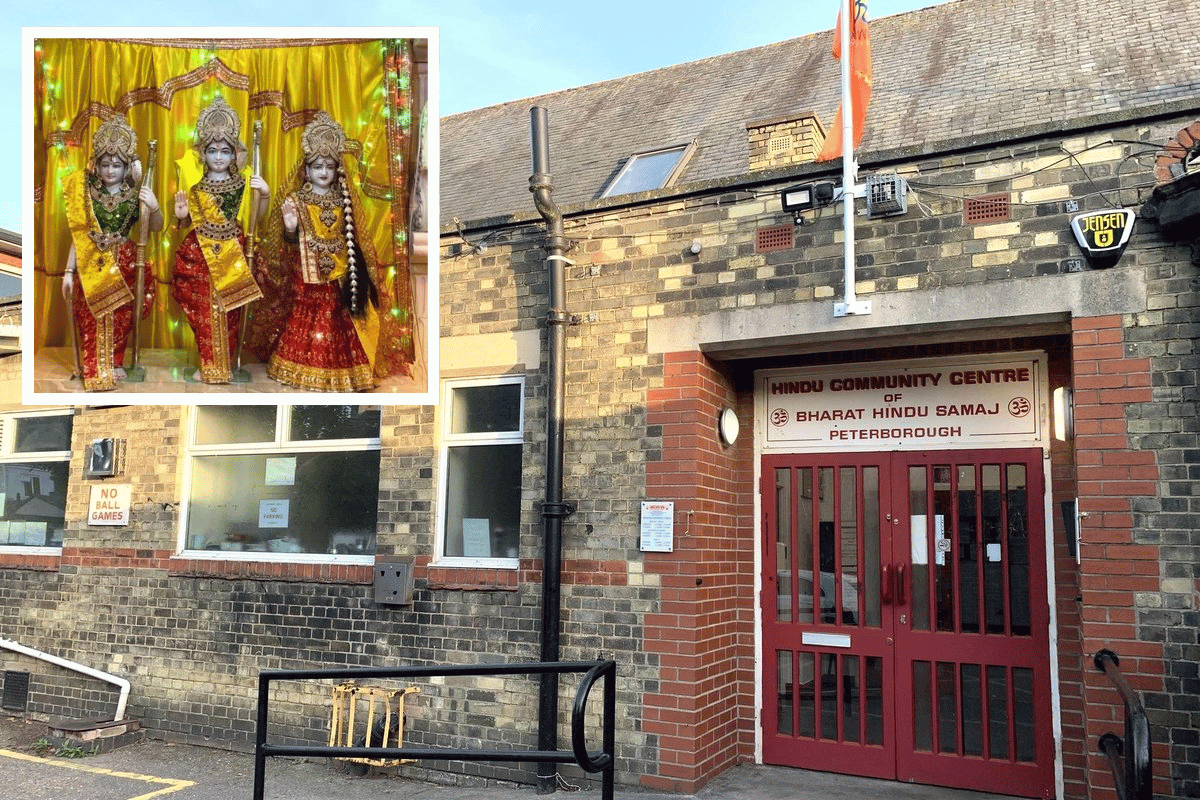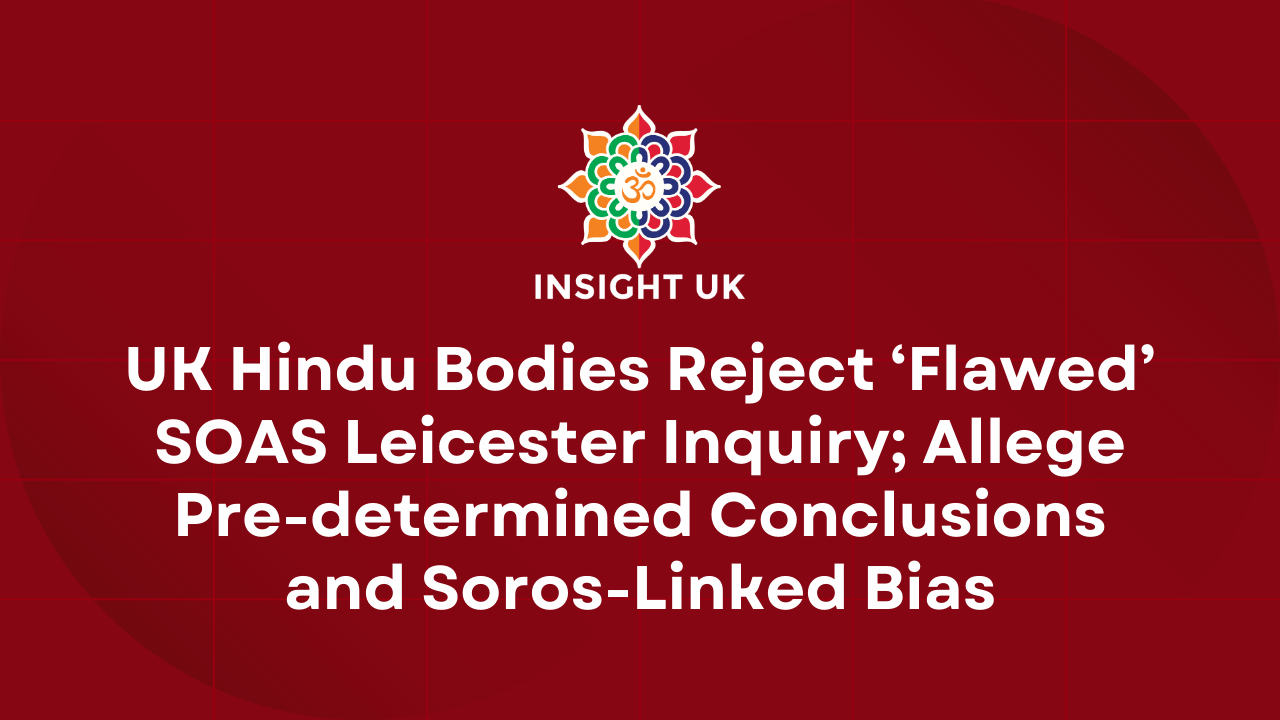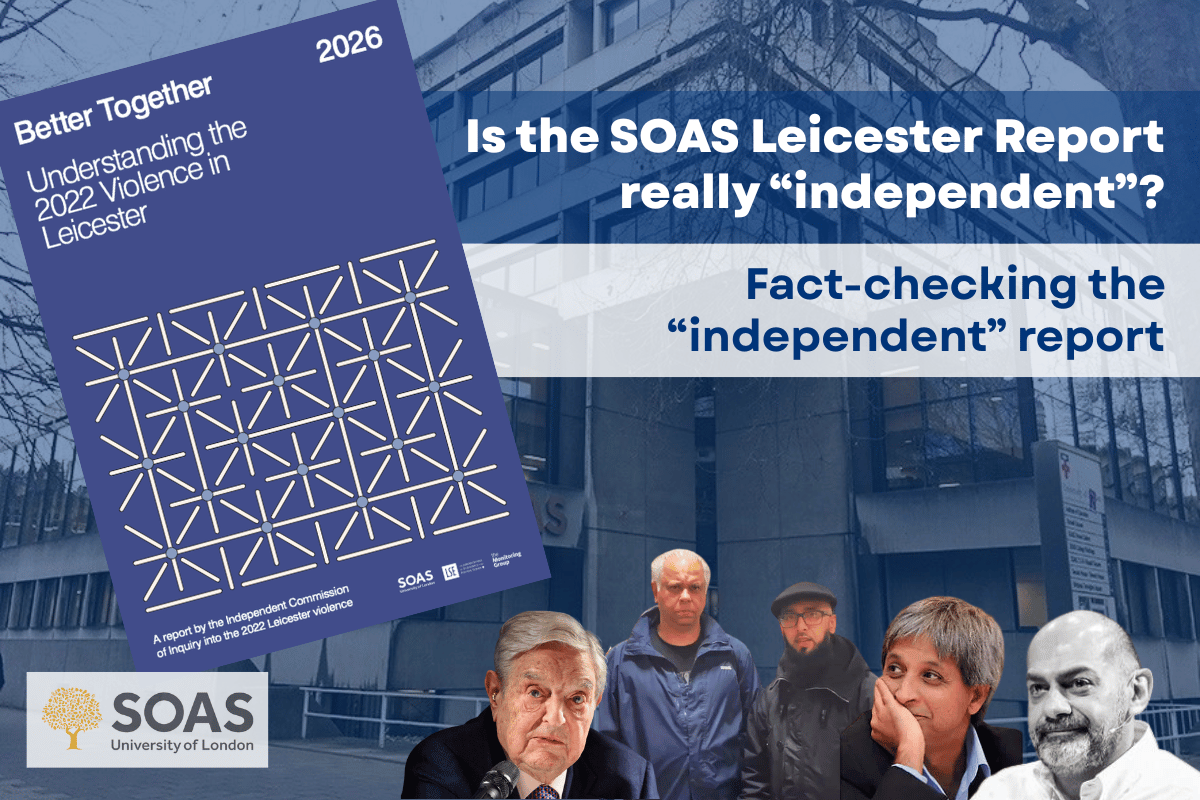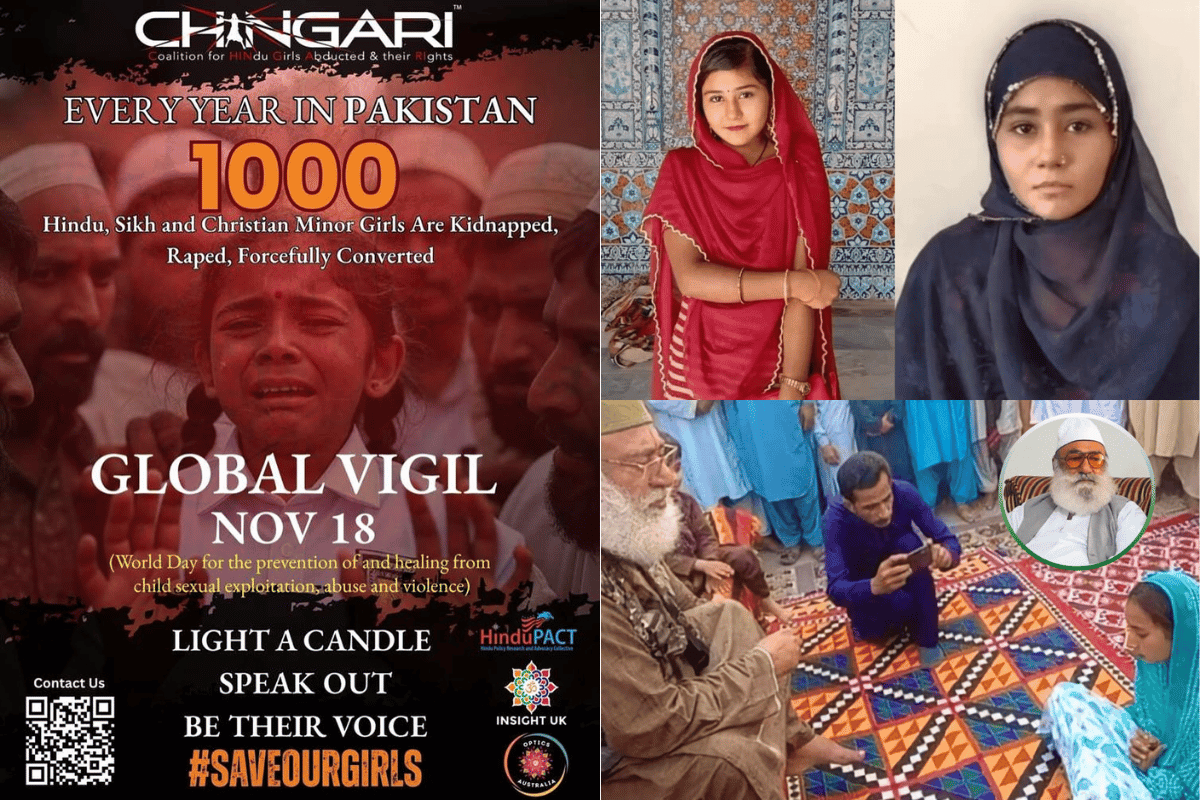
In the heart of Pakistan’s Sindh province lies a tale of anguish and resilience, where religious minorities—Hindus, Christians, and Sikhs—grapple with the harrowing reality of forced conversions. Central to this narrative is Mian Abdul Haq, popularly known as Mian Mithu, an Islamist cleric associated with the Bharchundi Sharif shrine. His name has become synonymous with abductions, forced conversions, and coerced marriages, casting a long shadow over the lives of countless minority families.

Download our report CHINGARI – Plight of Hindu girls in Pakistan
The Bharchundi Sharif Shrine: Epicentre of hate and crime
The Bharchundi Sharif shrine, located near Daharki in Ghotki District, has been at the centre of numerous forced conversions. Reports suggest that between 2014 and 2017, over 150 Hindu girls were converted to Islam at this shrine. Mian Mithu, as the custodian of the shrine, has been accused of facilitating these conversions, often involving underage girls who are subsequently married off to Muslim men. Some have described these actions as operating “conversion factories,” where non-Muslim girls are systematically targeted and converted under duress. (World Sindhi Congress, submission to the United Nations Office of the High Commissioner on Human Rights – OHCHR 2012-16)
Notable cases and incidents
- Rinkle Kumari (2012): Perhaps the most high-profile case, Rinkle Kumari, a Hindu girl from Ghotki, was abducted and forced to convert to Islam, taking the name Faryal. Her case drew national attention, highlighting the vulnerabilities of minority girls in Pakistan. (Tribune)
- Mahak Keswani (2019): A 20-year-old Hindu woman from Karachi, Mahak disappeared and later appeared in a video stating she had willingly converted to Islam at the Bharchundi Sharif shrine. Her family, however, stated she was abducted and coerced into conversion. (The News)
- Monika (2018): An 11-year-old Hindu girl named Monika was abducted from Hala near Hyderabad. She recovered before being converted and married off. Activists said that the blasphemy allegations against a local school principal were a diversion to cover up the attempted abduction. (Swarajyamag)
The 2019 Ghotki pogrom
In September 2019, Ghotki witnessed a violent pogrom against Hindus following blasphemy allegations against a Hindu school principal. Mobs desecrated Hindu temples, vandalised schools, and attacked homes and shops belonging to the Hindu community. Mian Mithu’s supporters were reported to have led these mobs, further intensifying fears among minorities.
A fact-finding mission by the Ministry of Human Rights, involving consultations with parliamentarians, journalists, human rights activists, and civil society members, concluded that the violence was premeditated and aimed at harassing the Hindu community. (Dawn ; Wikipedia)
Related Stories
- Plight of Hindus in Pakistan: The Chanda Maharaj case
- UN experts alarmed by lack of protection for minority girls from forced religious conversions and forced marriages in Pakistan
- Plight of Hindus in Pakistan
International repercussions
The international community has taken note of these human rights violations. In December 2022, the UK government sanctioned Mian Mithu for his involvement in forced marriages and religious conversions of non-Muslims and minors. These sanctions include asset freezes and travel bans, signalling a significant diplomatic stance against religious persecution. (Dawn)
Legislative challenges
Efforts to curb forced conversions in Pakistan have faced persistent and systemic challenges. In 2016, the Sindh Assembly passed a landmark bill criminalising forced religious conversions—a long-standing demand of human rights organisations and minority advocacy groups. However, intense backlash from religious parties and extremist elements led to the bill’s withdrawal, leaving minority communities vulnerable to abductions, coerced conversions, and forced marriages without sufficient legal protection. (The Express Tribune)
This failure of legislative resolve stands in stark contrast to the commitments made under the Nehru-Liaquat Pact (Delhi Agreement) of 1950, a bilateral accord between India and Pakistan meant to safeguard the rights of minorities in both nations. The agreement promised equality, freedom of religion, and protection against discrimination and violence. While India embedded these guarantees into its Constitution, Pakistan’s implementation has been inconsistent at best and abysmal at worst. The current legislative and judicial mechanisms offer little reassurance to minorities seeking justice or protection. (MEA Treaty Document)

Mian Mithu
The ambiguous stance of the Pakistani state is further exposed in its political affiliations. The Pakistan People’s Party (PPP), led by the Bhutto family, allowed Mian Abdul Haq (Mithu) to contest the 2008 general elections on its ticket—despite long-standing involvement in forced conversions. More recently, the Pakistan Tehreek-e-Insaf (PTI) government under Imran Khan was compelled to distance itself from Bharchundi Sharif due to mounting pressure from civil society groups and protests across the country and online platforms. (Dawn)
These legislative failures and political contradictions not only embolden perpetrators but also send a chilling message to Pakistan’s religious minorities—that their rights and safety remain negotiable, sacrificed at the altar of political expediency and religious appeasement.
The human toll
The psychological and emotional trauma inflicted upon victims and their families is immeasurable. Young girls are torn from their families, forced into unfamiliar religious practices, and often married to strangers. Families are left in anguish, with little hope for justice or the safe return of their loved ones. The fear of abduction and conversion has led many minority families to migrate from rural areas to urban centres or even leave the country altogether in search of safety.
In most cases the families of victims of conversion and related violence; aren’t just under duress from the Islamists, but also made to suffer due to a compromised judiciary which yields if not complicit with such groups and shoddy police work such as the refusal to judicial enquiry of 2019 rape & murder of the final year Hindu student Dr Nimrata Chandani. Political pressure and that brought on the family ensured that the probe demanded by human rights groups never saw the light of day. (Business Standard)
Urgent need for intervention
The plight of religious minorities in Pakistan, particularly in Sindh, underscores the urgent need for intervention from the international community to take action against the denial of basic human rights to Hindus, Jains, Sikhs and Christians. There have been regular international reports; the latest one being from the US State Department (International Religious Freedom: Custom reports 2021 -2025) stating the increasing marginalisation, attacks on Hindus (amongst other minorities) https://2021-2025.state.gov/report/custom/108b8e4486/.
Only through collective action can the cycle of forced conversions and religious persecution be broken, ensuring a future where all individuals, regardless of their faith, can live with dignity and freedom.
Visit our dedicated page on the Persecution of Hindus in Pakistan
References
- Dawn. “Mian Mithu denies allegations of forced conversions.” October 9, 2019.
- Dawn. “UK sanctions controversial Sindh cleric.” December 10, 2022.
- Wikipedia. “2019 Ghotki riots.”
- Swarajya. “Pakistan’s Mian Mithoo: Muslim Cleric Behind Ghotki Riots Is Notorious For Abduction, Forced Conversion Of Hindu Girls.”
- Express Tribune. “Coerced religious conversions continue in Sindh.” August 23, 2023.
- The News. “Activists protest against Hindu woman’s ‘abduction, forced conversion’.” December 19, 2019.
- Wikipedia. “Bharchundi Shareef Dargah.”
- Ghotki riots were pre-mediated, says fact-finding team
- Debate relating to Nimrita’s death refuses to die down
- Final post-mortem report says dental student was sexually assaulted, then murdered
- Wikipedia. “Coerced religious conversion in Pakistan.“
- Wikipedia. “Human rights in Pakistan.“
- Wikipedia. “Religious discrimination in Pakistan.”
- Nehru – Liaquat Pact 1950
- Judge declines holding a probe: Bibi Asifa Dental college student murder (as per this report – Nimrita comes from Ghotki but was killed while studying in Larkana, Sindh)
- US Department of State: Custom Report Excerpts – Sec 3/Status of Soceital Respect for Religious Freedom: Pakistan
- World Sindhi Congress – submission to the UN Office of the High Commissioner on Human Rights 2012-2016

